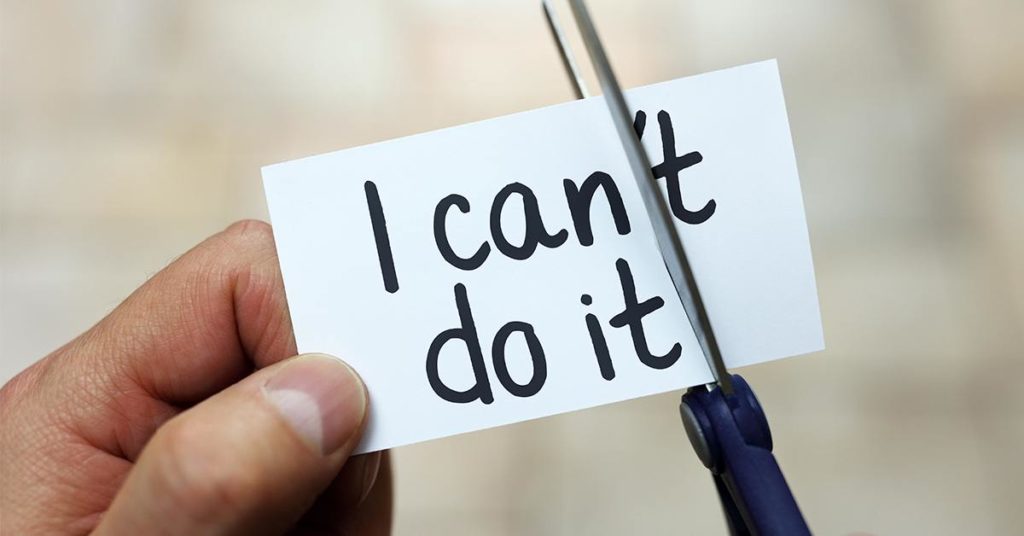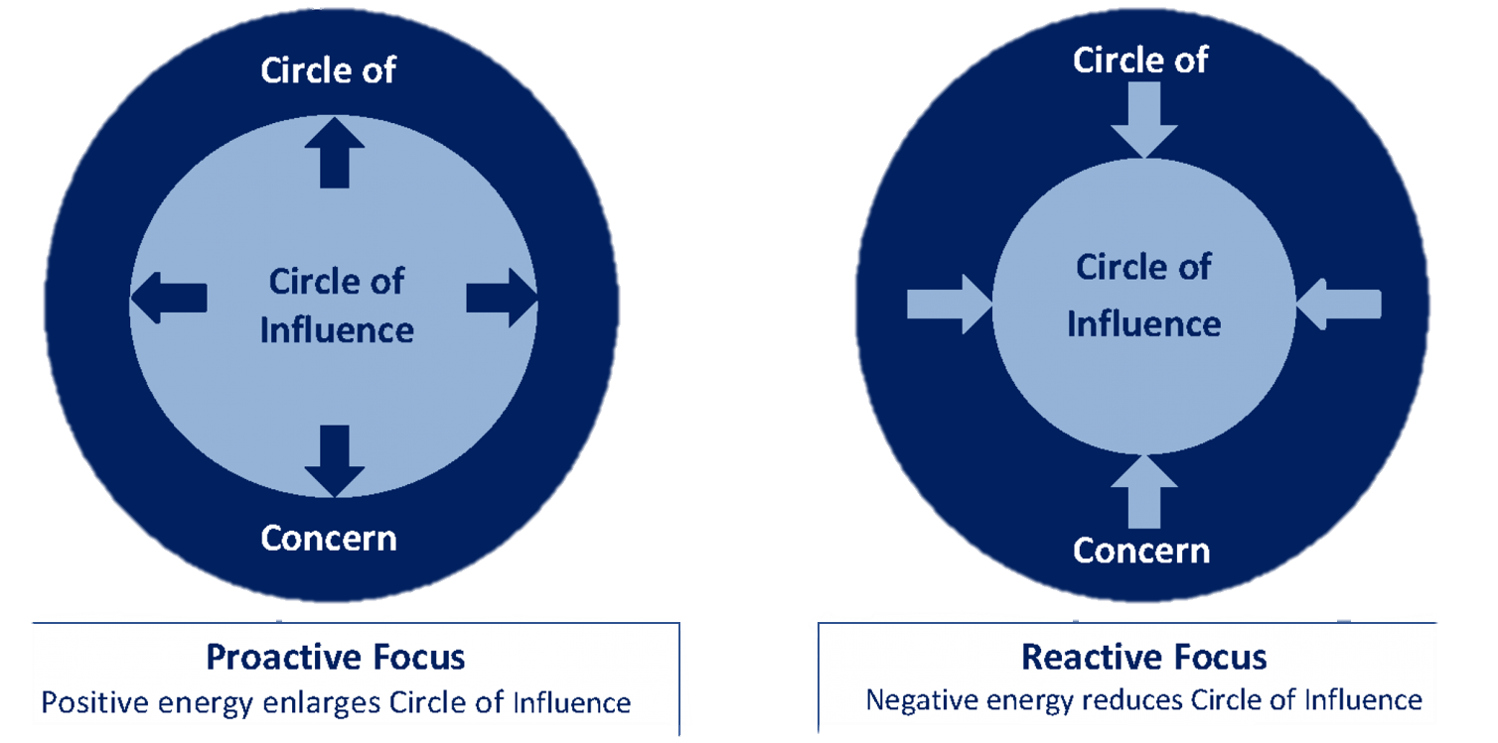Attitude makes all the difference!

Do you feel the world is treating you well? If your attitude towards the world is excellent, you will receive excellent results. If you feel so-so about the world, your response from that world will be average. Feel badly about your world and you will seem to have only negative feedback from life - John Maxwell.
For some, attitude presents a difficulty in every opportunity; for others, it presents an opportunity in every difficulty. Some climb with a positive attitude, while others fall with a negative perspective. The very fact that the attitude "makes some” while “breaking others” is significant enough for us to explore its importance.
Once you have made the choice to change your attitude, you are ready to allow the opportunities around you to make this decision a success.
Remember, no-one wants to be around someone with a negative/complaining attitude! A positive attitude, on the other hand, is contagious!
Having a positive attitude requires a disciplined mind-set.
Click here to view a video on ways to improve your attitude.
Victor or Victim of Life?
Another excellent way to become more self-aware regarding your own degree of proactivity is to look at where you focus your time and energy.
The Circle of Concern is defined as: all matters about which one cares.
The Circle of Influence is defined as: all those things that one can affect directly.
We can divide all our concerns into these two ‘groups’: Those over which we have no real control (circle of concern) and those that we can do something about (circle of influence).

Proactive people focus their efforts in the circle of influence. They work on the things they can do something about. By working productively within their circle of influence widens it to take in more of their circle of concern. As they work within their circle of influence, their trustworthiness increases and others’ confidence in their character and ability grows. As their confidence increases, their circle of influence will also increase.
Reactive people focus their efforts in the circle of concern, the weaknesses of other people, the problems in the environment, and the circumstances over which they have no control. Their focus results in blaming and accusing. The negative energy generated by that focus, combined with the neglect in areas they could do something about, causes their circle of influence to shrink.
One way to determine which circle our concern is in, is to distinguish between the “have’s” and the “be’s”. The” circle of concern” is filled with the “have’s”:
- “I’ll be happy when I have my house paid off.”
- “If only I have a boss who isn't such a dictator…”
- “If only I had a more patient husband.”
The “circle of influence” is filled with the “be’s”; I can be more patient, wise, and loving. It is the character focus.
Anytime we think the problem is “out there”, that thought is the problem. We empower what’s out there to control us. The change paradigm is “outside-in” of what’s out there; it has no chance before we can change. The proactive approach is: to change from the inside-out; to be different and by being different; to effect positive change in what’s out there, I can be more resourceful, I can be more diligent, I can be more creative, I can be more cooperative.
Click here to view an explanation about circle of influence and the circle of concern.